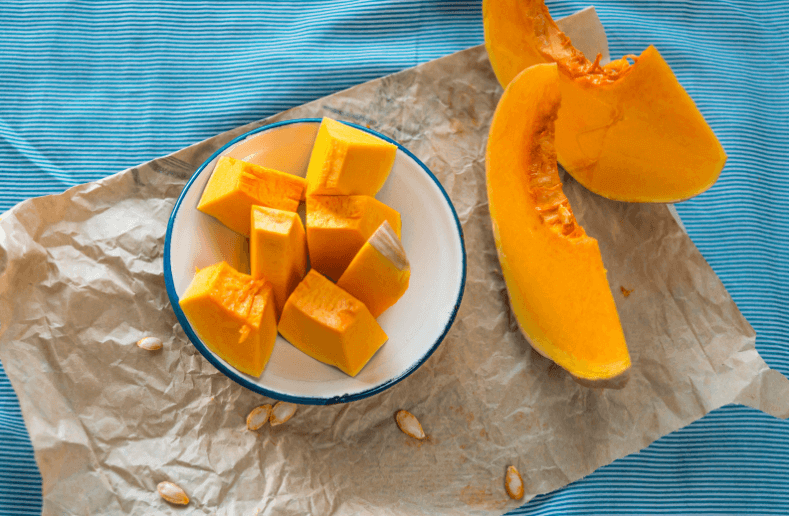
Autumn's Golden Treasure: The Health Benefits of Pumpkin
Share
As the crisp autumn air sets in, pumpkins start to adorn our homes and tables, marking the season's arrival. But beyond their decorative appeal and culinary versatility, pumpkins hold a treasure trove of health benefits. Let's delve into the origins of pumpkin, its uses in both Western and Eastern traditions, and explore its numerous health benefits and uses.
The Origin of Pumpkin and Its Uses in Europe and America

Pumpkins are native to North America and have been cultivated for thousands of years by indigenous peoples for their flesh and seeds. When European settlers arrived, they quickly adopted the use of pumpkins in their diets, and today, pumpkins are an integral part of autumn celebrations, especially in the form of pumpkin pies and Halloween decorations.
Pumpkin in Traditional Chinese Medicine
In traditional Chinese medicine, the benefits of pumpkin are well-documented. According to the "Southern Yunnan Materia Medica," pumpkin is warm in nature, sweet in taste, and non-toxic. It enters the spleen and stomach meridians, helping to moisturize the lungs and replenish qi. Additionally, it can resolve phlegm, discharge pus, and treat coughs, while also serving as a diuretic. Modern medicine has corroborated many of these benefits, finding that pumpkin can help treat prostate issues, prevent arteriosclerosis, and more.
The Health Benefits of Pumpkin Seeds

Pumpkin seeds, often overlooked, are a powerhouse of nutrients. In modern Chinese medicine, they are used to resolve phlegm and disperse nodules. They are rich in phospholipids, which help prevent the accumulation of minerals in the body, thereby reducing the risk of stone formation. Pumpkin seeds are also a good source of magnesium, zinc, and omega-3 fatty acids, contributing to overall heart health and reducing inflammation.
General Practice of Using Pumpkin

Pumpkin is incredibly versatile in the kitchen. Here are some simple and popular ways to incorporate pumpkin into your diet:
- Roasted Pumpkin:Cut the pumpkin into cubes, toss with olive oil, salt, and your favorite spices, then roast until tender.
- Pumpkin Soup:Blend cooked pumpkin with vegetable broth, onions, garlic, and a touch of cream for a warm, comforting soup.
- Pumpkin Puree:Use it as a base for pies, muffins, or as a healthy addition to oatmeal and smoothies.
- Pumpkin Seeds:Roast them with a bit of salt for a crunchy, nutritious snack.
Side Effects of Pumpkin
While pumpkins are generally beneficial, it is important to consume them in moderation. Pumpkins have a high sugar content, and overeating can lead to abdominal distension. The "Compendium of Materia Medica" mentions that excessive consumption can cause issues such as athlete's foot and jaundice. According to "Sui Xi Ju Diet," those with conditions like food accumulation, malaria, jaundice, abdominal distension, athlete's foot, postpartum heat stroke, or chickenpox should avoid overconsumption of pumpkin.
Conclusion
As we embrace the autumn season, let's not only appreciate pumpkins for their festive charm but also for their myriad health benefits. Whether you're enjoying the sweet flesh or the crunchy seeds, pumpkins can be a valuable addition to your diet, contributing to your overall health and well-being. Just remember, moderation is key to reaping their benefits without any adverse effects.
